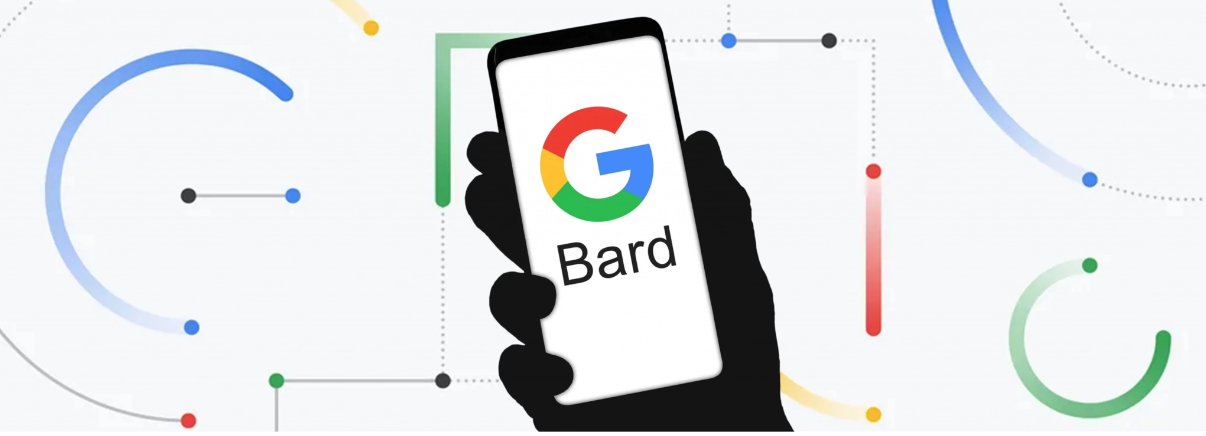So much for the benefits of artificial intelligence: despite the fact that it’s currently the furthest along in terms of development, Google’s generative AI chatbot Bard made a mistake that cost its parent company Alphabet a whopping $100 billion.
Last month, Google had been poised to formally launch Bard for public use. However, Alphabet’s chief executive officer Sundar Pichai posted a promotional video touting Bard’s features through a practical exercise where the chatbot was asked to assist users in different situations like cooking a meal and planning an event. The video Pichai posted also included a more elaborate situation where Bard was asked how to explain the astronomical discoveries of the James Webb Space Telescope to a third-grader.
The Webb telescope question proved to be Bard’s undoing when the application responded that the said instrument was the first to take photos beyond our solar system. In truth, the ground-based Very Large Telescope in Chile was the first to do so, confirming the existence of an exoplanet in 2005 – a good sixteen years before the Webb telescope was launched.
While the said error was noted by developers prior to a demonstration event for Bard in Paris, Reuters kicked off a barrage of media footage featuring the chatbot’s glaring error. As a result, Google shares plunged by around 8% on February 8th, dropping to $99 per share from the $108 recorded on the previous day. The company’s market cap on the same day was pegged at $1.27 trillion, lower than the $1.35 trillion from the previous week.
As of press time, Google has also made it clear that Bard is not meant to replace its original search engine. Instead, the application is meant to serve more like a virtual assistant for mobile users.
Lessons Learned
For developers, the Bard incident highlights the need for rigorous testing before an application goes live for distribution to the general public.
In Google’s case, this costly error led to reparative measures under its Trusted Tester program. Now, tester feedback is being incorporated in the testing process to ensure that Bard’s responses meet quality, safety, and reliability standards with regard to real-world/real-time information before it can officially be released for general use.
To be fair, however, Bard isn’t the only generative AI chatbot that has made controversial mistakes. In recent weeks, OpenAI’s ChatGPT has been called out for having specific racial and gender biases in its responses to user queries. Likewise, the application was noted to give users incorrect, biased, or even confusing information regarding a series of niche topics.














